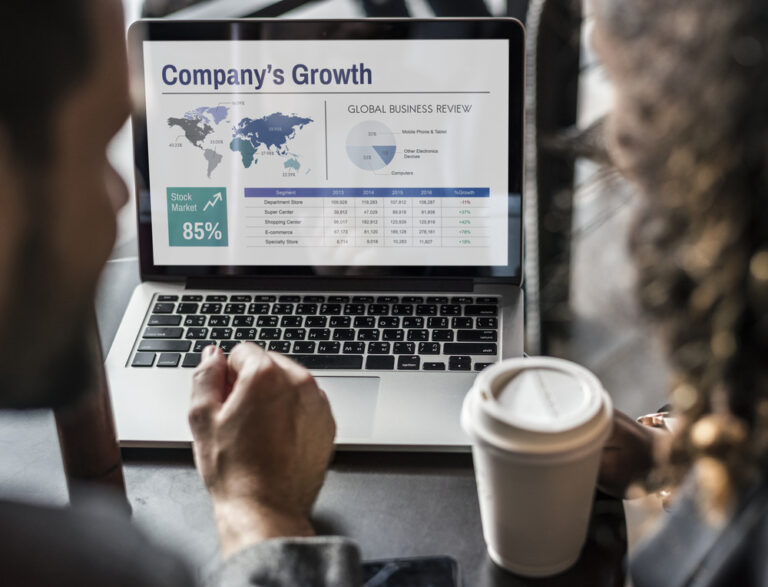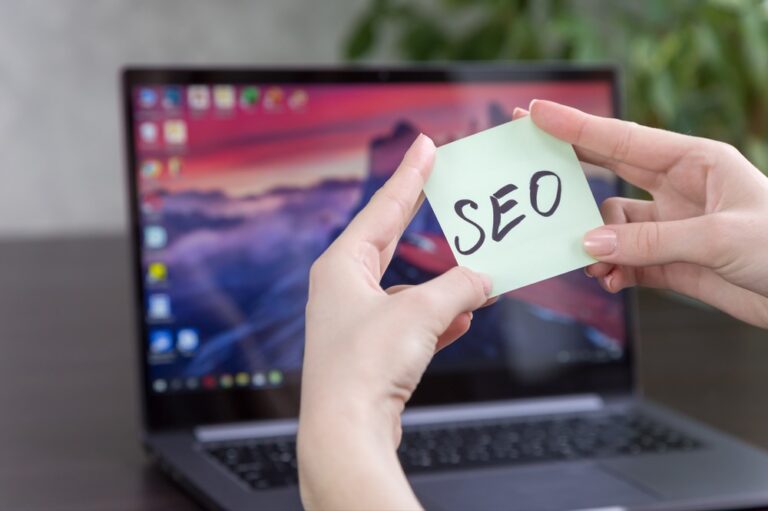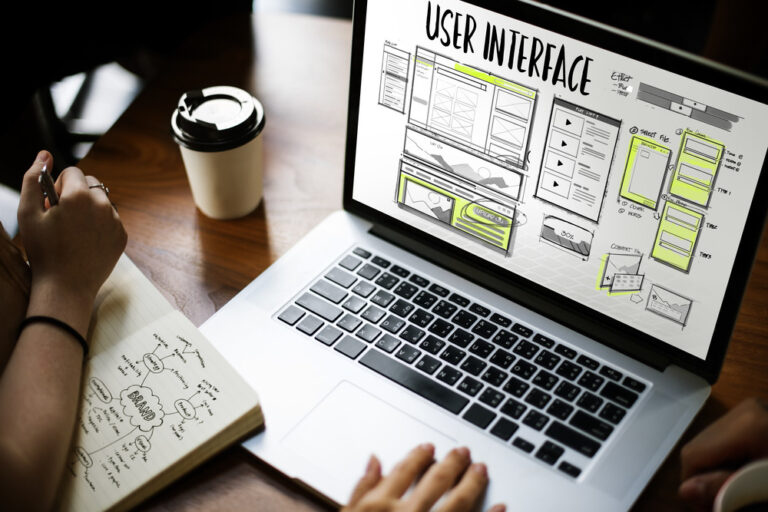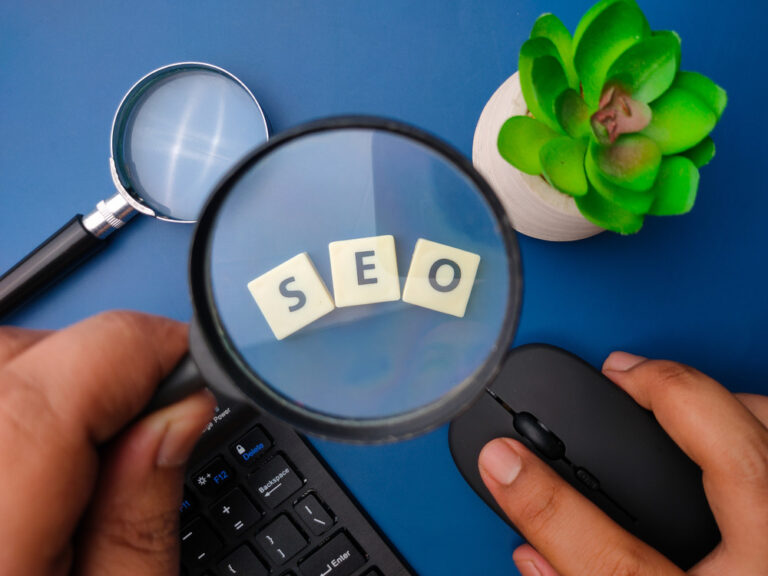Free & Discounted Services For Organizations Making A Difference! Learn More

Free & Discounted Services For Organizations Making A Difference! Learn More
Free & Discounted Services For Organizations Making A Difference! Learn More

Before you even start looking for a web development agency, it’s crucial to have a clear understanding of your goals and what you want from your website. Consider the following:
Once you have a clear vision, it will be easier to communicate your needs to potential agencies and assess whether they are a good fit for your project.
A web development agency’s portfolio is a window into their expertise and style. When reviewing an agency’s past work, pay attention to:
Don’t just rely on the portfolio; reach out and ask the agency to share examples of projects similar to yours. This will give you a clearer picture of their capabilities.
Client feedback is a valuable resource when evaluating a web development agency. Reading reviews on platforms like Clutch, Google, or the agency’s website can give you insights into their professionalism, communication skills, and overall quality of work. However, don’t stop there—ask the agency for references.
Questions to Ask References:
Speaking directly with past clients can reveal strengths and weaknesses that may not be obvious from online reviews.
Web development is a broad field that encompasses a variety of technologies and frameworks. Make sure the agency you choose has the technical skills needed to build your website. Some key considerations include:
Effective communication is crucial for the success of any web development project. During your initial interactions with a potential agency, pay attention to how responsive and transparent they are. Here are some questions to consider:
Clear and consistent communication ensures that both parties are aligned and reduces the risk of misunderstandings or delays.
Web development agencies may use different pricing models, such as fixed pricing, hourly rates, or retainer agreements. Each model has its pros and cons, and the best choice depends on the scope and complexity of your project.
Be sure to get a detailed quote that outlines what is included, such as design revisions, support, and post-launch maintenance. Also, clarify if there are any additional costs, like hosting or software licenses.
Web development agencies may use different pricing models, such as fixed pricing, hourly rates, or retainer agreements. Each model has its pros and cons, and the best choice depends on the scope and complexity of your project.
Be sure to get a detailed quote that outlines what is included, such as design revisions, support, and post-launch maintenance. Also, clarify if there are any additional costs, like hosting or software licenses.
Finally, trust your gut. If an agency seems hesitant to answer your questions or doesn’t seem genuinely interested in your project, it’s a red flag. The right web development agency will not only have the skills and experience you need but will also be excited to bring your vision to life.
Choosing the right web development agency for your business is a significant decision that can impact your brand’s success for years to come. By defining your goals, evaluating portfolios, checking references, and understanding the agency’s technical expertise, you can make a well-informed choice. Remember, a great web development agency is more than just a vendor—they are a strategic partner who will help your business thrive in the digital world.
Whether you’re building your first website or looking to revamp an existing one, taking the time to choose the right partner will pay off in the long run.




Join our community of thousands of designers and get updated every week. We have a lot more just for you! Join us now

In today’s digital landscape, mastering Search Engine Optimization (SEO) is essential for businesses looking to thrive online. At Olex Digital, we specialize in creating tailored

In today’s fast-paced digital landscape, a website isn’t just an online presence; it’s the cornerstone of a business’s success. As your business grows, your website

Featured snippets, also known as “position zero,” are the holy grail of search engine optimization. These snippets appear at the very top of Google’s search

If you’re serious about improving your website’s search engine performance, content clusters should be at the heart of your SEO strategy. As Google’s algorithms evolve,

Your website is often the first interaction potential customers have with your business. It’s your digital storefront, and first impressions matter. A poorly designed website

In today’s highly competitive digital landscape, businesses targeting local customers need to ensure they’re not just visible online but also dominate their local search results.
